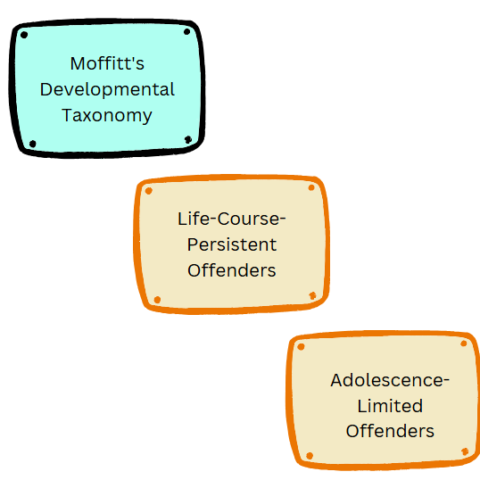
Moffitt’s Developmental Taxonomy: Essential Developmental Perspectives of Criminals
Grasping the developmental pathways that culminate in criminal behavior is essential for forming efficient prevention and intervention approaches. Terrie Moffitt’s developmental taxonomy, a leading theory in criminology, provides a detailed
